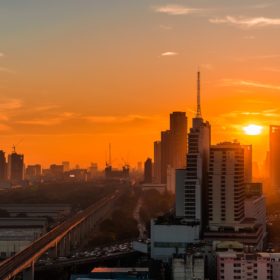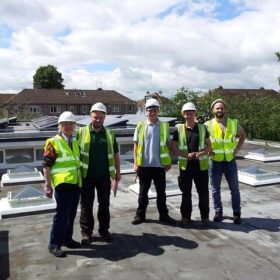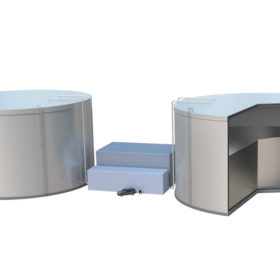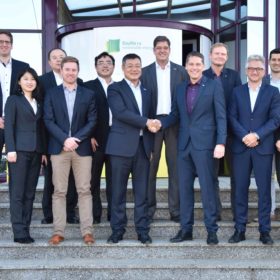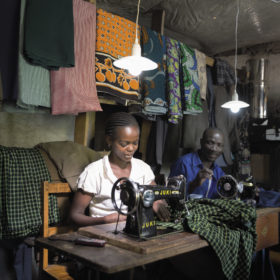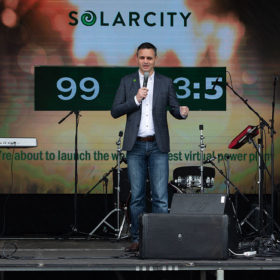ADB invests $155 million in Thai green bonds
The bank continues its involvement in Thailands largest IPP B.Grimm, which is set to grow its renewable energy portfolio. According to ADB, the green bond proceeds will go to nine operational solar PV plants with a cumulative rating of 67.7 MW, and 30.8 MW that are currently still under construction.
$126 million earmarked for small-scale RE in Africa
During COP24, U.K. Energy Minister Claire Perry announced that her government will increase its efforts to help bring clean energy to Sub-Saharan Africa. A total of $126 million will be channeled via the REPP platform, which has already realized 18 projects with a considerable number of beneficiaries.
Industry urges policymakers to catch up with technology at COP24
The Global Solar Council has released a 15 point plan, which is largely policy focussed, alleging that the industry has down its homework to slash the costs of solar. Now its policies turn to even the playing field. In a similar effort, the World Future Council has announced that it will launch a new platform for policymakers and the industry to enable an ongoing dialogue.
Switching to solar could save aid missions half a billion per year
A new report published by Chatham House for the Moving Energy Initiative examines energy spending of humanitarian aid organizations. The authors claim that with modern clean energy systems the sector could save US$517 million per year on fuel costs, as hitherto the majority of refugee camps and other facilities are run on diesel gensets.
Regional EU leaders demand clarity for energy communities
Consumer- and municipally-owned energy systems are lauded as key elements of the energy transition. However, their market design in many regions is still prohibitively complex. The European Committee of the Regions has presented a policy recommendation to address these issues, and enable a just and democratic energy transition.
Molten silicon storage enough to power city, says MIT
The system turns light of white-glowing molten silicon into electricity using specialized PV cells. The researchers claim that the concept could store electricity at around half the costs of pumped hydro. A single system comprising two ten meter tanks could power 100,000 households.
BayWa r.e. and Longi Solar ink global framework agreement
The deal marks the first time BayWa r.e. enters into a distribution agreement with a Chinese module manufacturer, according to a company statement. The deal has been described by the companies as a ‘win-win’ for both.
Kenya’s 2022 universal electrification goal bets on off-grid solar
The World Bank and the Kenyan Government have announced a new strategy for attaining universal energy access for Kenyans by 2022. The plan underlines the importance of off-grid solar installations in reaching that goal. The investment opportunities for the coming five years are around US$14 billion.
Kiwis launch 18 MWh VPP, green investment scheme
New Zealand will connect 3,000 home battery systems to the national grid to provide demand response services. The government has also set up a US$69 million finance company to accelerate investment in distributed energy generation and electric vehicles as part of its 2050 carbon neutral goals.
Taiwan proposes FIT cuts, recycling fee
Taiwan’s Ministry of Economic Affairs is considering scrapping a 6% markup on tariffs paid to high-efficiency modules used in its Green Energy Roof scheme. The markup is said to benefit the local module manufacturing industry, which is currently struggling.

